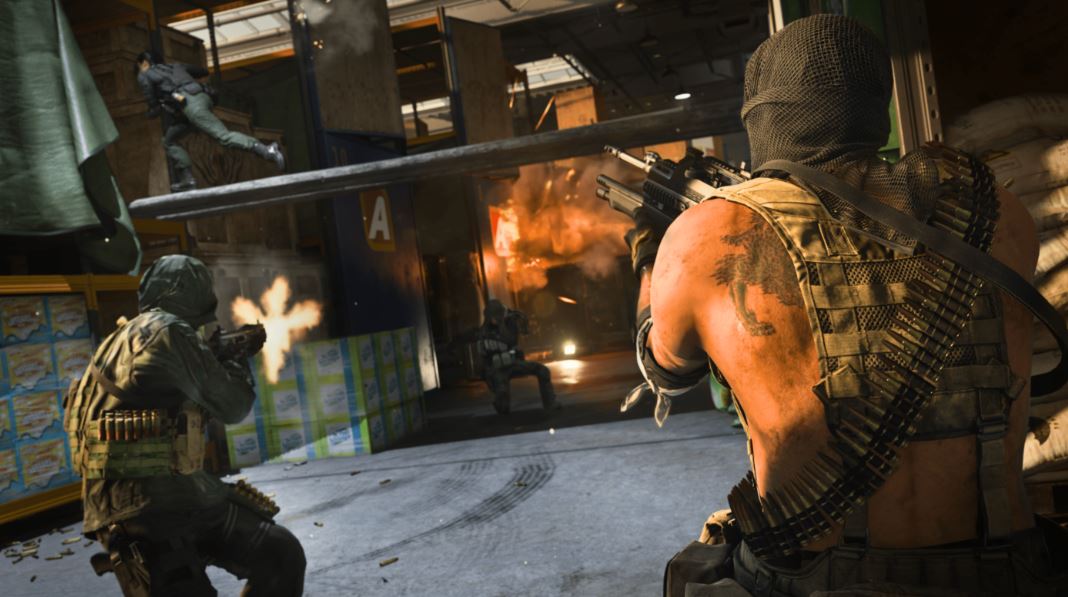What kind of human opponents would we prefer in Call of Duty: opponents who are just as good as us, if possible – or people who, with a bit of luck, are much weaker or stronger? These questions have been discussed in the community for years, and now Activision has come forward with test results.
Please follow us on Twitter and Facebook
Specifically, the developers of Call of Duty: Modern Warfare 3 repeatedly compared the two systems in so-called A/B tests on North American servers.
One time, skill-based matchmaking (SBMM) was used, ensuring all participants in the games were approximately equally strong – based on results from previous games.
In the comparison groups, the skill element was gradually given less and less weight in the composition of the games, with other elements like connection quality and waiting time given greater consideration.
“The test showed that players with a larger skill gap were more likely to abandon ongoing matches and were more likely to not return to the game than players with unchanged matchmaking,”
Activision concluded.
The retention rate (an important metric for business success) was also significantly higher. In summary, skill-based matchmaking leads to more fun for players and higher revenues. Activision published the results in a lengthy white paper (PDF).
Call of Duty: SBMM is Controversial
The topic of SBMM has been the subject of often bitter discussions in the community for years – noticeably more often in Call of Duty than in other games. Some players believe that you only have a fair chance and fun in a fight with opponents of roughly equal strength.
Opponents of SBMM argue that in balanced matches, there are no meetings with really strong opponents from whom you can learn. On the other hand, the games are sometimes even more strenuous because there are hardly any weaker opponents against whom you can land a few hits without having to concentrate fully.





